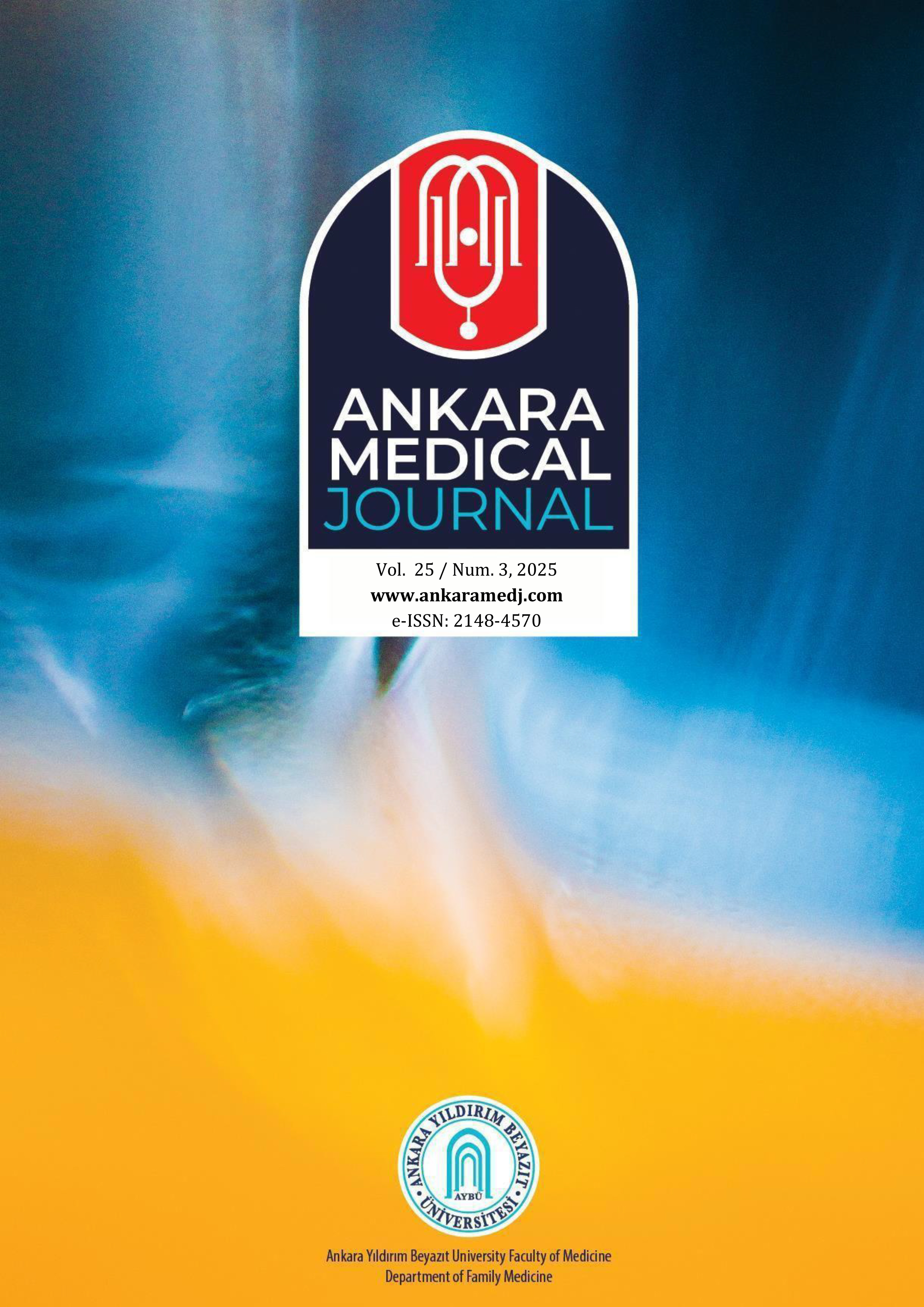Utilization of Primary Health Care Services Among Adults in Urban and Rural Margibi County Liberia
Ayouba Fofana1, Nimetcan Mehmet Orhun21Health Policy and Global Health Department, Public Health Institute, Ankara Yıldırım Beyazıt University, Türkiye2Public Health Department, Faculty of Medicine, Ankara Yıldırım Beyazıt University, Türkiye
INTRODUCTION: This study examines factors influencing Primary Health Care (PHC) utilization in Margibi County, Liberia, with a focus on urban-rural disparities.
METHODS: A cross-sectional survey was conducted among 900 adults (urban: 49.7%, rural: 50.3%) who had lived in the county for at least two years. Data were collected using a two-stage cluster sampling technique and structured interviews, then analyzed using descriptive and inferential statistics.
RESULTS: Findings revealed significantly higher PHC utilization in urban areas (79.6%) than in rural areas (62.5%), with 29% of participants not accessing PHC services. Key determinants included residential location, age, employment, income, media exposure, and proximity to health facilities. Rural residents faced barriers such as long travel distances and lower income, leading to reduced vaccination rates, poorer maternal health, and a higher disease burden.
DISCUSSION AND CONCLUSION: Addressing these disparities requires targeted policies to strengthen healthcare infrastructure and service delivery, particularly in rural areas. Improving PHC accessibility is essential for reducing health inequities and enhancing overall health outcomes in Margibi County.
Manuscript Language: English
(14 downloaded)





